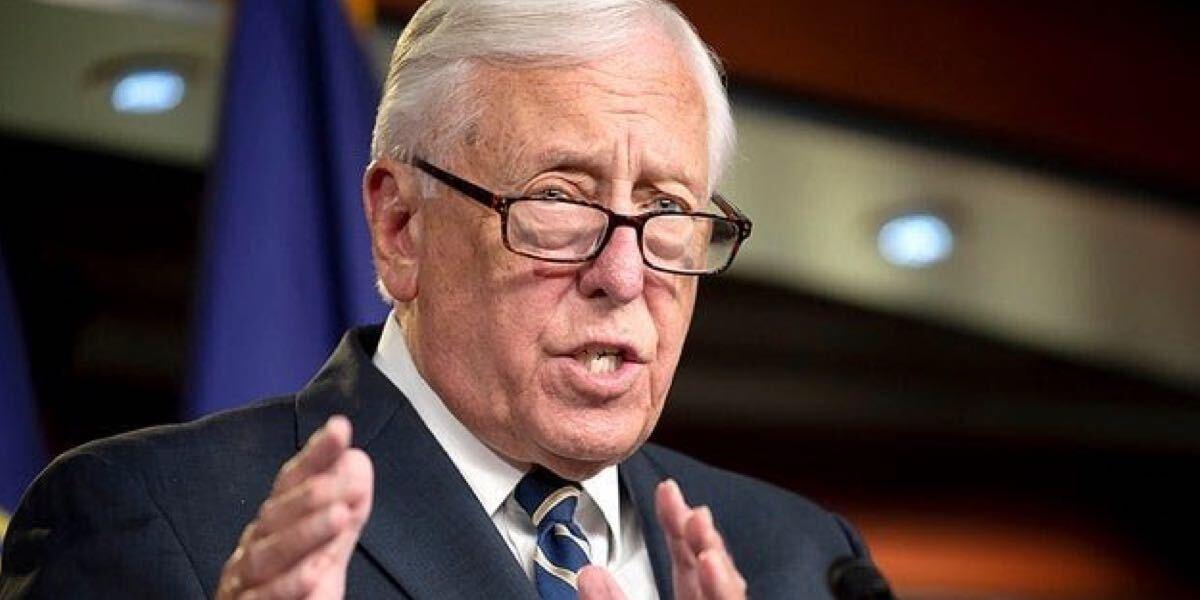
2 min read
US House Delays MORE Act Legalization Vote
The Marijuana Opportunity Reinvestment and Expungement (MORE) Act, a bill which hopes to remove marijuana from the Controlled Substances Act and thus federally legalize adult-use cannabis, will not be voted upon by the US House of Representatives in September as originally scheduled. Instead, the vote will be rescheduled until after the November election cycle.
Moderate Democrats grew frustrated when the House planned to vote on the MORE Act before the COVID bill, though more liberal democrats claimed it was a social justice imperative.
Nevertheless, the vote will be delayed, though House Majority Leader Steny Hoyer claimed that the MORE Act “remains a critical component of House Democrats’ plan for addressing systemic racism and advancing criminal justice reform.”
Federal Government’s Legalization Measures Stifled
While progress has been made in federal legalization efforts in recent years, the delayed vote has stifled some of the momentum put forth. Additionally, the Biden Administration has promised to decriminalize cannabis, but not fully legalize the plant.
Industry lobbyists, however, are hopeful about the House’s ability to set the tone for marijuana reform going forward. Should the house vote on the MORE Act before the end of the year as expected, they would be setting the stage for the Senate to do the same in 2021 or 2022. If the Senate flips from Republican to Democrat in November, the bill will likely have a good chance of passing.
MORE Act Details
The MORE Act seeks to legalize adult-use recreational cannabis. While it would not take immediate effect, as it would take some time for legislatures to develop marijuana regulations, it would mean legalization in all 50 states.
States could, however, choose how to regulate their commercial cannabis industries. A 5% federal retail sales tax would be included on all cannabis products, with the revenue from those taxes directed to benefit communities and individuals most impacted by the war on drugs.
Contributed by Jack Berning
photo by Bonnie Cash

